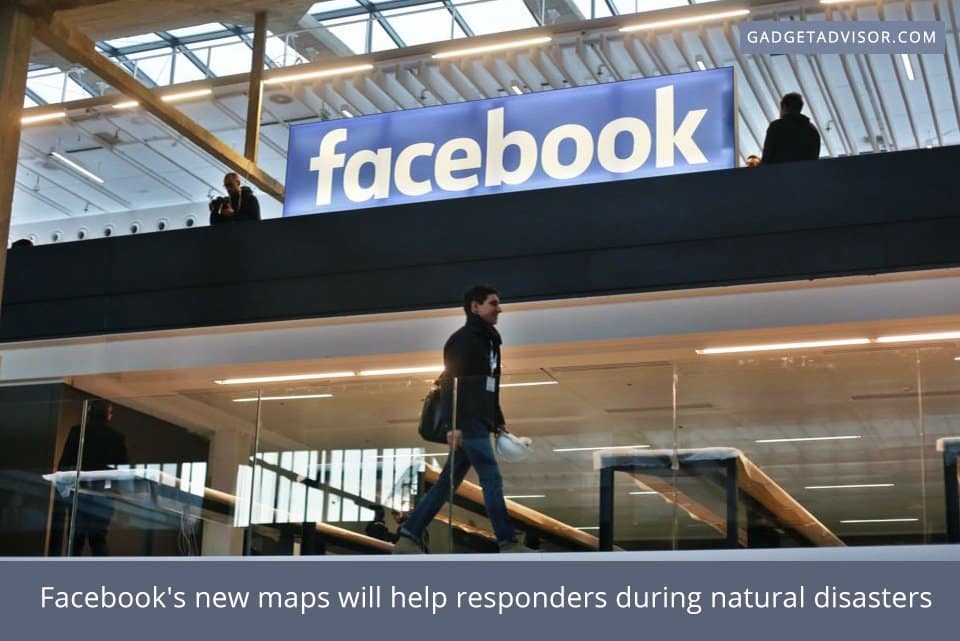To most of us, Facebook is merely a distraction – a fun, meme filled social network that we use to share our thoughts, connect with friends and family and learn interesting facts. But Facebook has evolved from a small campus sensation to something much, much bigger. And it takes world events to heart. Facebook already had a function allowing people in dangerous situations – say earthquakes or terrorist attacks – to report that they were safe. This is a great feature that allows friends and families to feel better knowing that their loved ones are unharmed.
Now Facebook is taking things a step further: it has developed interactive maps that will help first responders assist people that may be hurt or stranded. How does it work? Quite simply, as it turns out. The new maps are set to show population density before, during and after a natural disaster strikes. Traditional communication networks are often affected by major natural disasters, making it next to impossible to contact anyone in the vicinity of the tragedy. Facebook hopes that their population density maps can help first responders find the people who need their help without relying on any other network.
Additionally, Facebook has developed what they call a ‘movement map’, which collects data on where and when people travel to cities and neighborhoods over time. If not affected by the event, these are places that are more likely to be good sites for deploying resources such as first aid stations, food stations and field hospitals. This would also allow rescuers to plan for an increase in population and help them manage overcrowding, traffic issues and lodging problems.
Finally, Facebook will be using its existing Safety Check feature to map areas where people feel safe enough to check in and say they’re safe. These areas are where relief efforts should be deployed to help survivors who might need food and shelter.
So far, Facebook has only agreed to share the information they get from their maps with partners who can be of help and can be trusted to respect it’s users privacy. Namely, Facebook has agreed to supply data to UNICEF, the Red Cross and the World Food Programme. It has stated that other organizations and even governments may be included on that list in the future.

